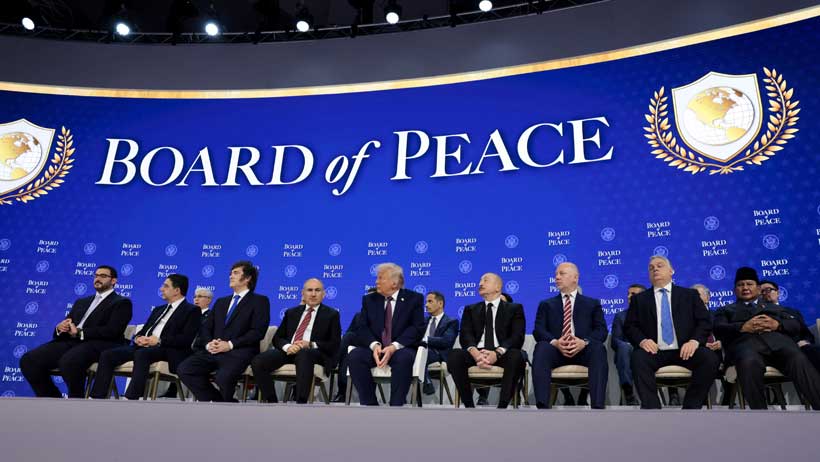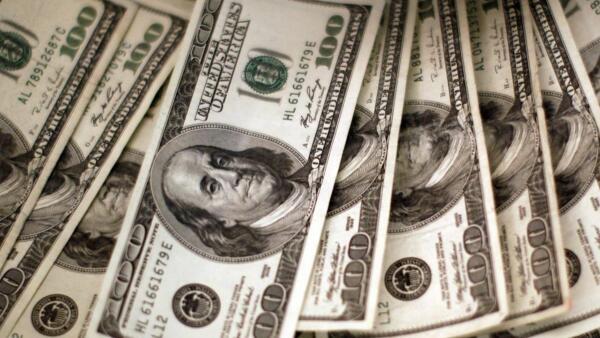
The United States’ escalating tariff attack on China and any nation that purchases or assembles Chinese goods has Beijing feeling confined and preparing for an economic battle of attrition.
Last Monday, Washington levied import taxes of at least 10% on nearly the whole world, with far higher rates applied to nations like Vietnam, where Chinese industries have been relocating their output. China retaliated, and US President Donald Trump then threatened to escalate the situation further.
But China doesn’t have many good options. Although it will pursue other markets in Asia, Europe, and other parts of the world, this might not be a very effective way to get out. The US market is far larger than other nations, and the tariffs also hurt local economies. Additionally, many are hesitant to permit more affordable Chinese goods.
The easiest way to lessen the tariffs’ impact domestically would be to devalue the yuan, but this might lead to capital flight and jeopardize trade partners China may be pursuing. China has permitted virtually slight depreciation of the yuan thus far.
Other stimulus measures, such as export tax refunds or subsidies, may be planned, but doing so risks escalating industrial overcapacity and increasing deflationary pressures. Analysts have supported policies that would increase domestic demand for years.
Also Read:
Promoting Health And Wellness With Natural Solutions: Dr. Christina Rahm Shares Her Story
The most successful Indian Entrepreneur on the World Gaming Stage: Parth Das









